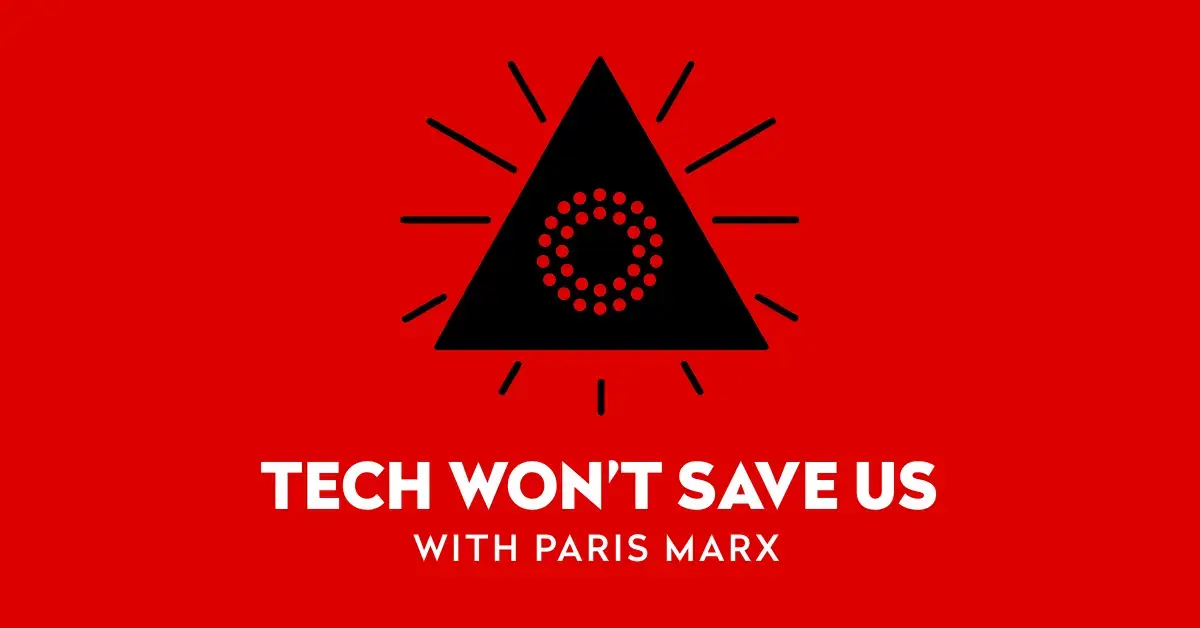

(just gonna be annoying and note that the 404 Media article isn’t a true “paywall”, they addressed this on their blog: https://www.404media.co/why-404-media-needs-your-email-address/. If you create an account you don’t need to pay and they email the published articles in full every day.)












Many have surprised me for different reasons.
The most recent that did is Alpine. I decided for some reason to install it for regular desktop use on an RPI400.
First surprise, the ISO was so small. Second surprise, everything installed so fast when I used the install scripts. Third surprise was the up-to-date repos. The final surprise was the community: it handled noob questions and complicated questions so well, walked users through click by click and one command at a time. Awesome and totally an acceptable option for a desktop which is why I immediately installed it on my main laptop and used it for a number of months.